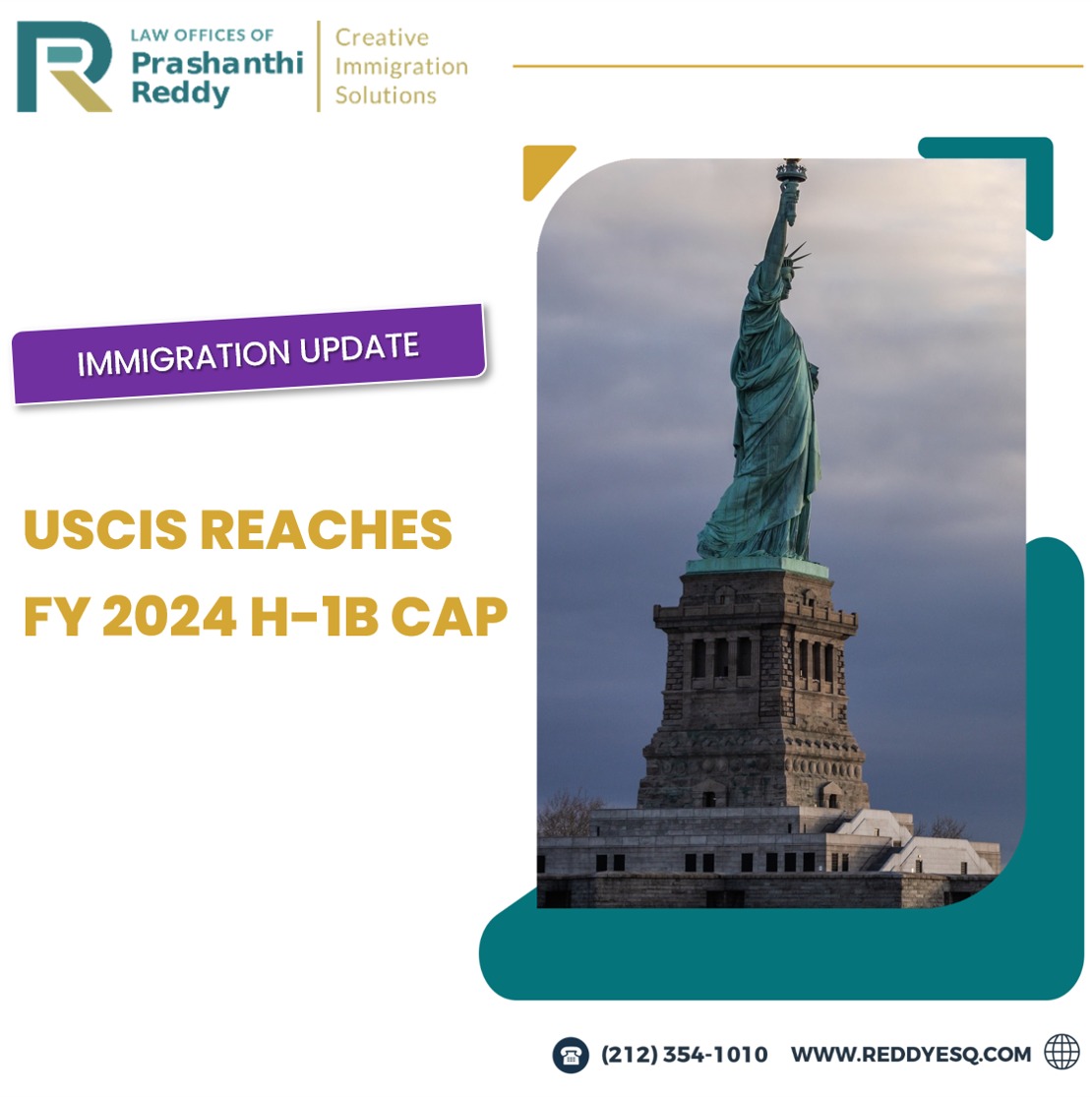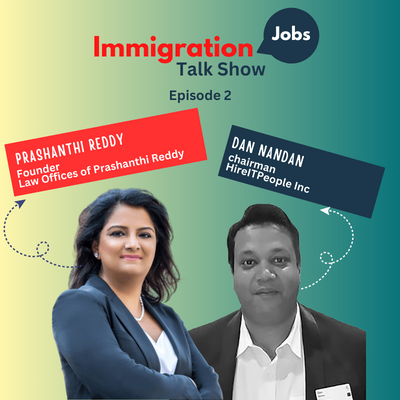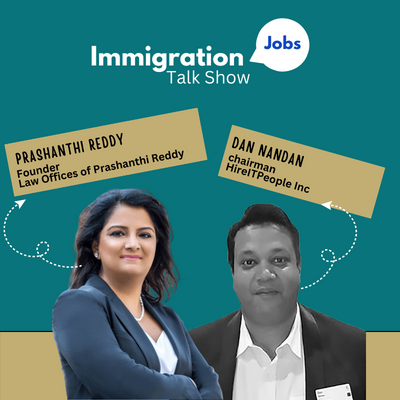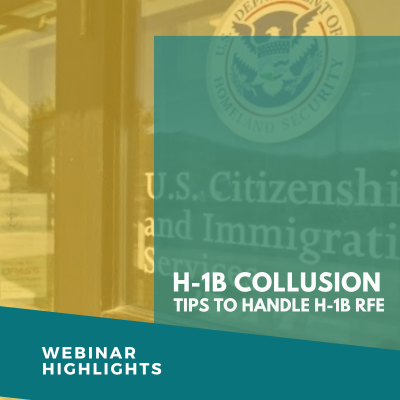What are H1B RFE related to “Specialty Occupation” and ways to avoid them?
A Request for Evidence (RFE) is a common step in the H1-B petition process in any H1-B cap season. U.S. Citizenship and Immigration Services (USCIS) requests additional information from the petitioner to determine if the foreign worker qualifies for the H1-B visa. One of the most common reasons for an RFE is that the USCIS officer is not convinced that the job offered to the foreign worker qualifies as a “specialty occupation.”
What is a specialty occupation?
A “specialty occupation” is a job that requires the theoretical and practical application of a body of highly specialized knowledge and the attainment of at least a bachelor’s degree or its equivalent in the specific field. Some examples of specialty occupations include software developers, computer systems analysts, and engineers.
What is a specialty occupation H-1B RFE?
It is also essential to show that the job duties and responsibilities are consistent with the requirements of the specialty occupation. For example, in the case of a software developer, the petitioner should provide a detailed description of the software development project and the specific duties and responsibilities of the foreign worker, such as designing, coding, testing, and maintaining software applications.
Specialty occupation H1-B RFE can be defined as a situation where USCIS would ask for additional evidence if they are not satisfied with the details of the job description filed with the H1-B petition to qualify under the definition of specialty occupation as H1-B visa guidelines. If USCIS is not convinced that the duties are not complex enough to require a bachelor’s degree in that field, they may send an RFE.
How can Employers avoid Specialty Occupation H1-B RFE?
A common H1-B RFE that employers receive during any H1-B cap season, and the H1-B cap season 2024 is no different. Any employer can avoid this RFE by having the requisite evidence on the specialty occupation requirement; the petitioner must provide detailed and specific information about the job offered to the USCIS. It should include a detailed job offer letter describing the duties and responsibilities of the job and the qualifications required to perform them. The petitioner should also provide evidence of the foreign worker’s qualifications, such as degree certificates and transcripts, licenses or certifications, and any professional experience or training relevant to the job.
It is also essential to ensure that the offered salary is commensurate with the specialty occupation. The remuneration follows the prevailing wage guidelines for the work in the area of intended employment. It is also crucial for the petitioner to demonstrate that the job is a “specialty occupation” through comparison with industry standards, Bureau of Labor Statistics data, and other relevant information about the occupation.
It is also advisable for the petitioner and the foreign worker to work with an experienced immigration attorney who can help ensure the petition is complete and accurate, anticipate any potential RFE issues, and address them proactively.
In summary, this is a common RFE, but not having the proper evidence to support the petitioner’s claim can lead to the denial of the H1-B petition, so any H1-B employer should stay prepared. Additionally, by working with an experienced immigration attorney, one can anticipate and address any potential RFE issues proactively.
For more information contact The Law Offices of Prashanthi Reddy at prashanthi@reddyesq.com, or by calling 212-354-1010. Our Immigration Attorney Also Provide Immigration Services to Other U.S State As Well new York, Florida, New Jersey, Texas, and California .







